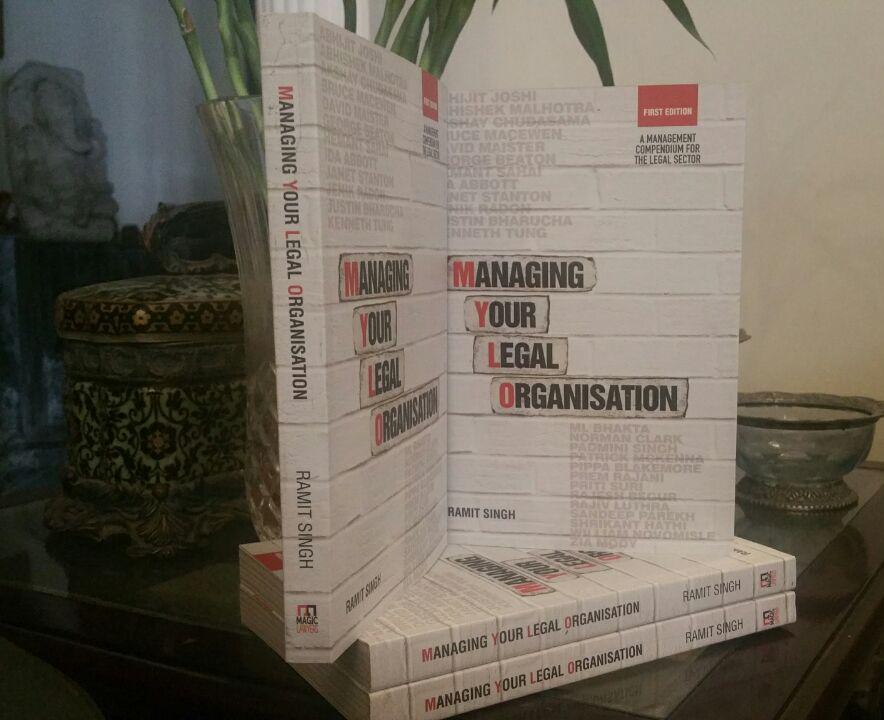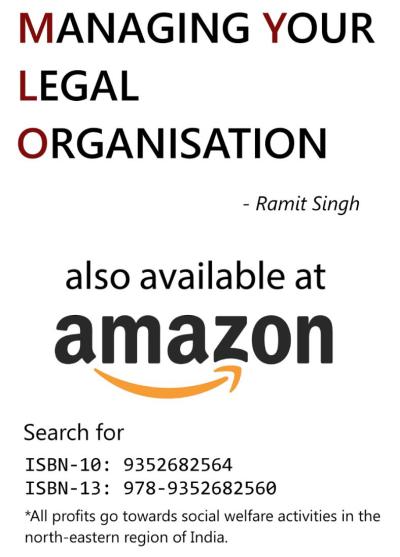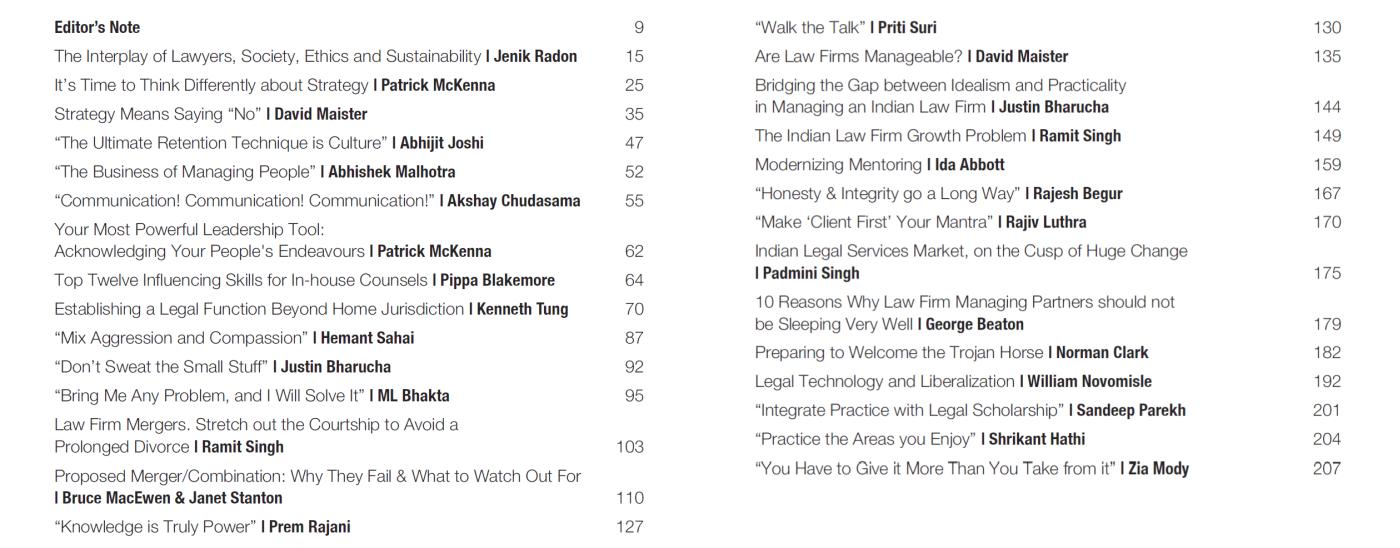
We are in the middle of a cycle of evolutionary change that is taking place all around us in the legal sector. It may not be far-fetched to claim that this is one of the toughest phases that lawyers around the world have had to deal with, given the multiple avenues from where challenges are emerging.
If you go around and ask what the problem seems to be, you would get answers that typically relate, directly or indirectly, to various aspects of client procurement. Undoubtedly, as compared to the preceding years, client procurement has been affected; however, the true source of the problem is not the client, but various ancillary factors.
I am of the strong opinion that in most parts of the world the scope of legal services has not scraped the surface. Especially in countries like India, lawyers have not yet progressed from being solution providers to query generators. There is huge scope in identifying legal work in companies, many of which frankly are not quite adept at determining the various places where they require legal assistance, whether from their internal or external counsel.
There is a need for creating awareness of how law is not ancillary but an essential part of any business function. The ‘query generator’ approach will take time to seep in, and it is critical for lawyers to begin acting the part now, to be able to reap the rewards down the line.
This is true whether you are working in-house or are in a private practice.
Given this dynamic, it is clear that if the focus shifts from business procurement to business creation our sector will be in a better place. “The very essence of having a strategy is being selective about choosing the criteria on which a firm wishes to compete, and then being creative and disciplined in designing an operation that is finely tuned to deliver those particular virtues.” - David Maister in Managing Your Legal Organisation
Having said that, a very real threat is posed from not having well thought-out strategies and plans for growing your practice or managing your in-house division.
This strategizing is imperative to adeptly handle the ecosystem that exists today, where alternative billing practices, an increasing delta between performance and remuneration, constantly changing equity models, ever evolving global laws, the emergence of transnational practices, tech-driven legal delivery and even artificial intelligence are no longer discussions of the future but rather realities of our present.
This book has been curated from the writings of some of the sharpest minds across the world when it comes to managing legal organisations.
The objective is to help explain and simplify some of the most important management concepts and phenomenon that impact a legal organisation’s way of functioning.
Apart from the pieces on management, which I hope will make you think in the same way they have engrossed me, we are very grateful to have some of India’s finest lawyers speak about running their own firms and what keeps them going in a profession that all too often needs to take off the ‘traditionalist’ blinkers and progress with the rest of the economy.
Everyone who has contributed has their own stories behind the questions they have answered, which I hope will become a useful tool for understanding these brilliant individuals personally as well as gain professional insights that will be useful for managing your legal organisation.
With that, I leave you to go through, learn from, criticise, and most importantly, discuss the various pieces that form the entirety of this book, with a pledge to begin work on our next edition, which shall look at tackling other areas that necessarily require our time and effort.
Click here to buy the book on amazon.in.
All profits from the sale of this book will be directed to 8one, a non-profit organization working in the North-East region of India. “In other workplaces (mentoring) may focus primarily on transmitting technical information and skills. In a law firm, however, the emphasis is on lawyers becoming and remaining competent, professional and ethical providers of legal services. This takes time, attention and commitment.” - Ida Abbott in Managing Your Legal Organisation

About the editor
Ramit Singh is the Founder of the RASICH Group. He has spent years studying the Indian legal market, its unique strengths and challenges, as well as concepts of sustainable development and its juxtaposition with the law. His work with numerous Indian law firms has earned him a place in the Liberalization discussion with the Ministry of Law & Justice, with the RASICH Group’s draft bill being the only comprehensive draft bill circulated by the Ministry. He has recently been invited to speak at Harvard’s largest Asia conference. Ramit Singh: “When talking of leaders, we often say that they have courage, foresight, and a risk-taking ability that others lack. What we don’t see is how often they also have a goal which is not just personal, but to create something bigger than themselves.”
| Knowledge Contributors | Indian Managing Partner Interviews |
| Bruce MacEwen David Maister George Beaton Ida Abbott Jenik Radon Justin Bharucha Kenneth Tung Norman Clark Padmini Singh Patrick McKenna Pippa Blakemore William Novomisle | Abhijit Joshi Abhishek Malhotra Akshay Chudasama Hemant Sahai ML Bhakta Prem Rajani Priti Suri Rajesh Begur Rajiv Luthra Sandeep Parekh Shrikant Hathi Zia Mody |
Zia Mody: “Think more with your heart than your head. You have to give it more than you take from it. And you have to be fair. You have to have moral leadership, not just intellectual leadership.”
Table of contents

ML Bhakta: “Sometimes lawyers go by what they think their clients desire, not by advising on what would be good for them. For us, the firm comes last, we always put the law and our clients first. This is a principle we have always operated by, and very often, due to this dedication, the firm may not profit and the client may not like the solution in the short term, but in long term it is always to their benefit.”
threads most popular
thread most upvoted
comment newest
first oldest
first
Interviews: They are great, good and ordinary in equal portions.
Chapters: They are very good except one which I seriously could not understand why it was there.
Judgement: I doubt anyone will regret reading this book, especially since there aren't many, if any, other alternatives!
threads most popular
thread most upvoted
comment newest
first oldest
first